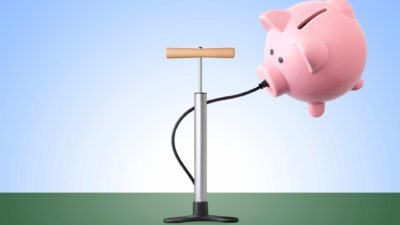The next stock market crash may not be all that far away. After all, risks such as political uncertainty in the US and the ongoing coronavirus pandemic may cause investor sentiment to weaken after its recent recovery.
As such, now could be the right time to start planning for the next stock market downturn. Through reviewing your existing holdings and identifying attractive stocks, you could capitalise on future buying opportunities that may only be available for a limited amount of time.
Reviewing your existing holdings ahead of a stock market crash
Many companies have very different prospects now than they did prior to the stock market crash. In some cases, they may face challenging futures. This could mean that they are less attractive as investments than they were in the past. Similarly, some stocks may now be trading on excessive valuations that are not representative of their financial prospects.
It could be a good idea to review your holdings to identify such companies. This may lead you to sell some of them, which would raise cash that can be used to purchase more attractive opportunities in the next market decline. Clearly, this process can be challenging – especially if you sell a stock at a loss. However, it may be a logical approach to take that allows you to enjoy higher returns in the long run.
Identifying attractive stocks and sectors
The speed of the recent stock market crash caught many investors by surprise. Within a matter of weeks, indexes such as the S&P 500 Index (SP: .INX) had rebounded from their March lows. This meant that investors had very little time to react to low valuations that were present across a wide range of sectors.
Therefore, it may be a good idea to identify attractive stocks and sectors prior to the next market downturn. This may mean that you can react more quickly to share price declines that may swiftly be replaced by gains. By analysing a stock now, you can build a list of businesses that, should they decline in value to more appealing price levels, could be worth adding to your portfolio at some point in the coming months or years.
Ensuring you have a sound financial position
One of the difficulties with a stock market crash is that it often coincides with a challenging wider financial position for investors. For example, a weak economic outlook may mean that your employment prospects are less secure. This may mean that you are less inclined to take risks, such as buying shares, when the best opportunities arise.
It could be worth ensuring that you have a sound financial position ahead of the next market decline. This may mean that you have cash savings that can sustain you in a difficult economic period. Doing so may enable you to fully take advantage of cheaper stock prices that are likely to be ahead over the long run.








